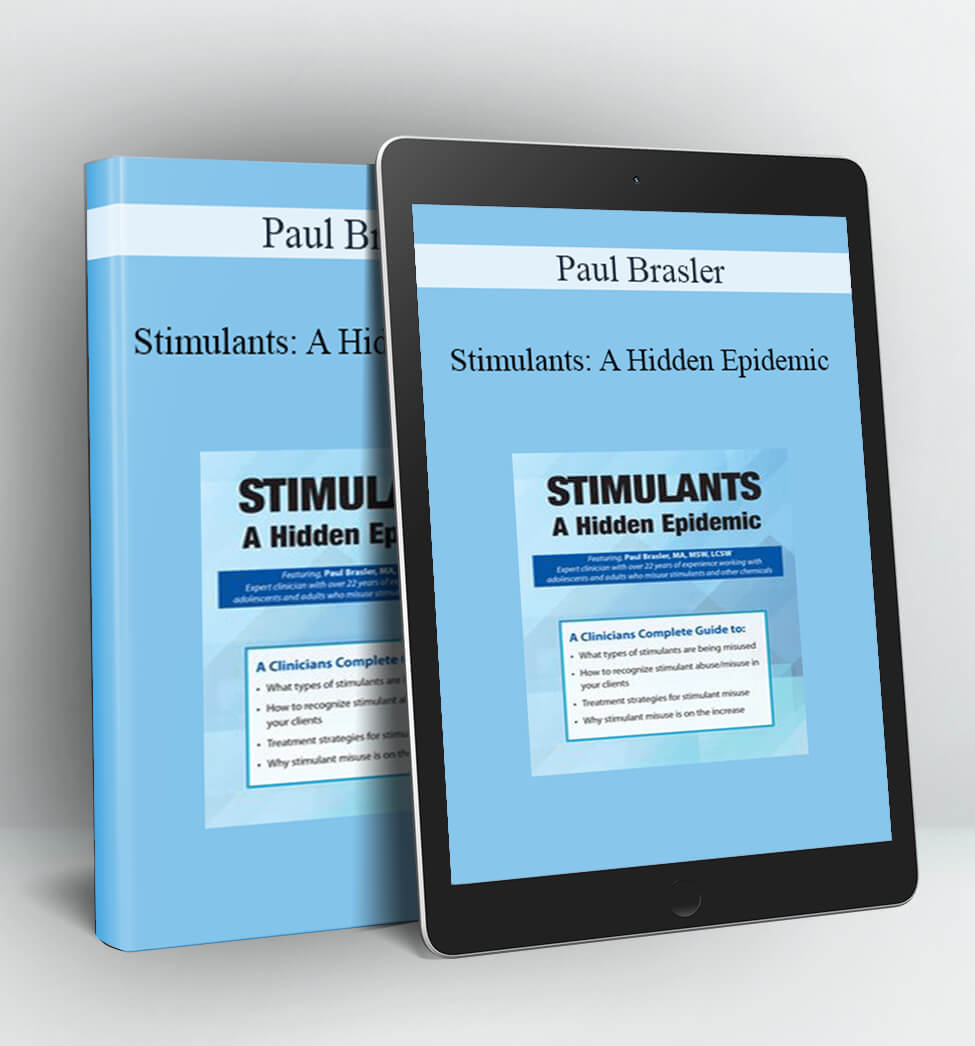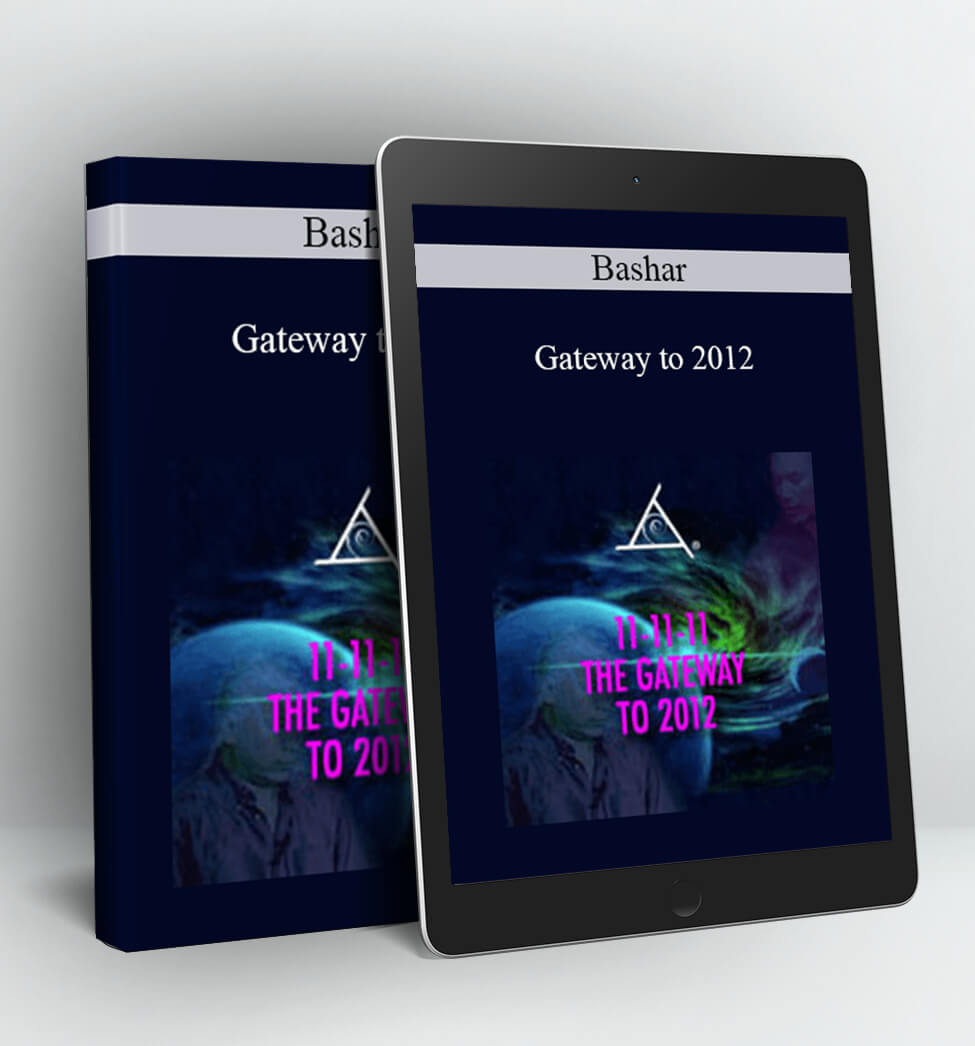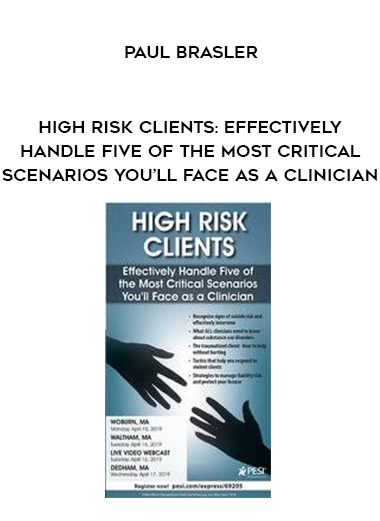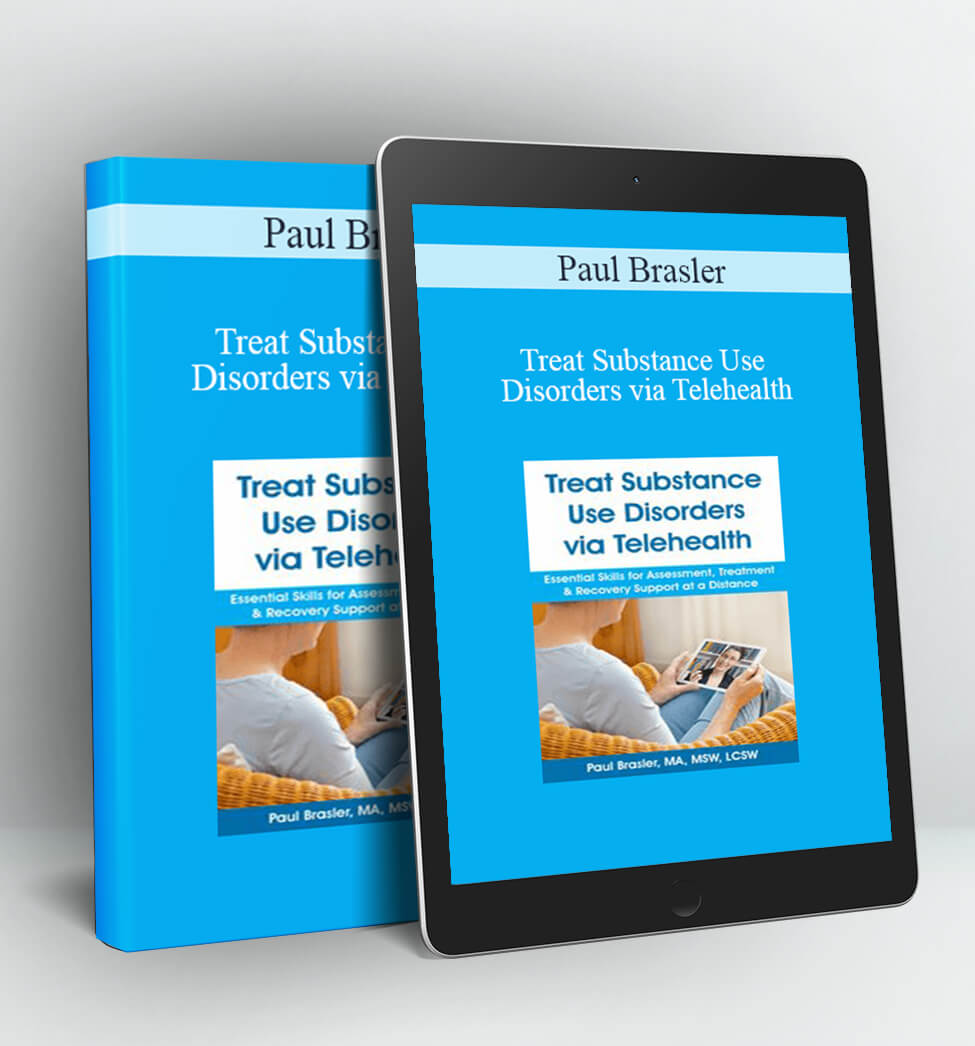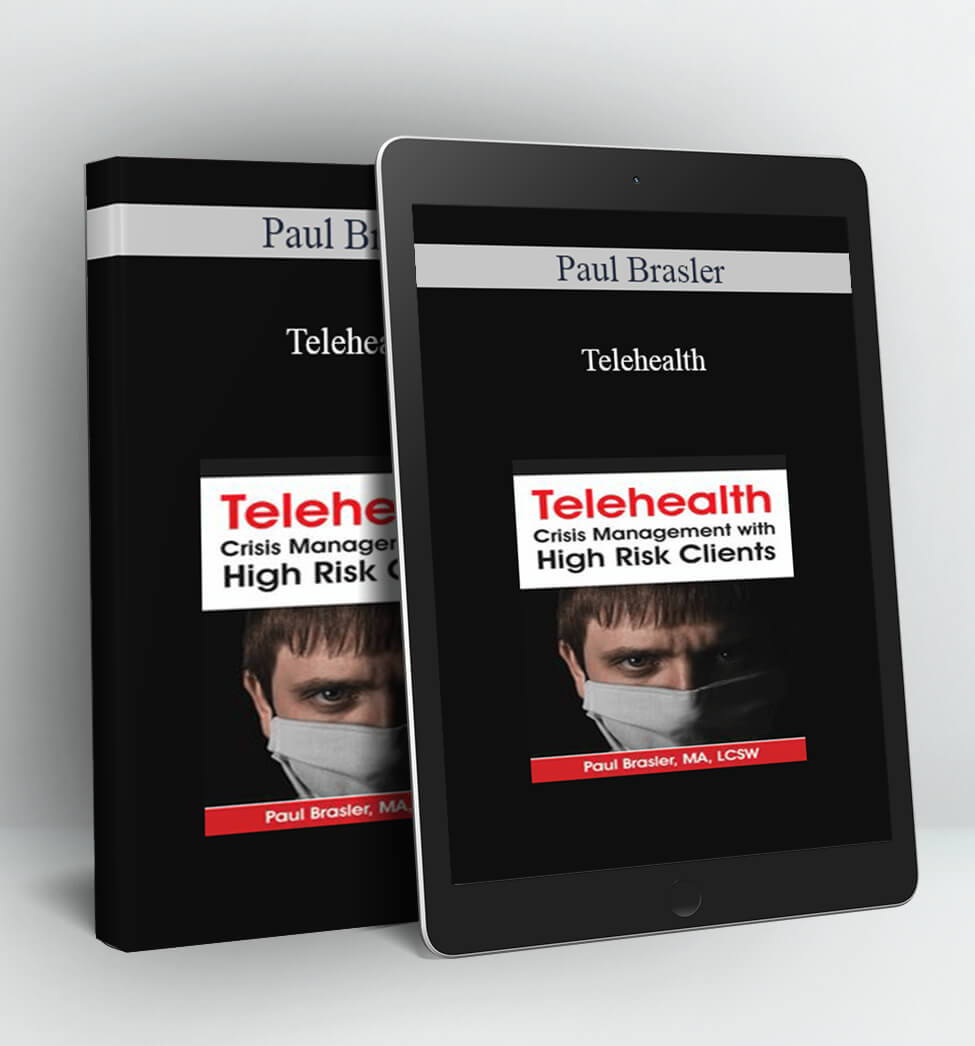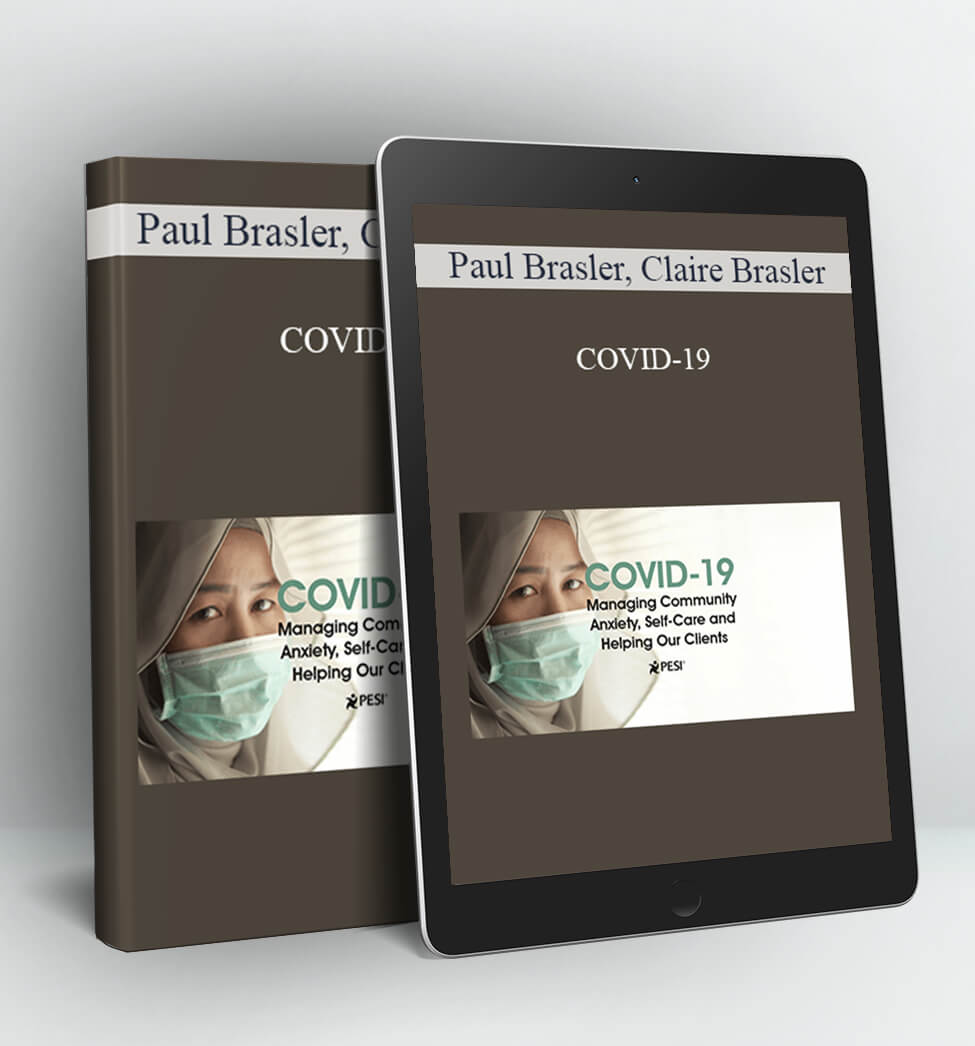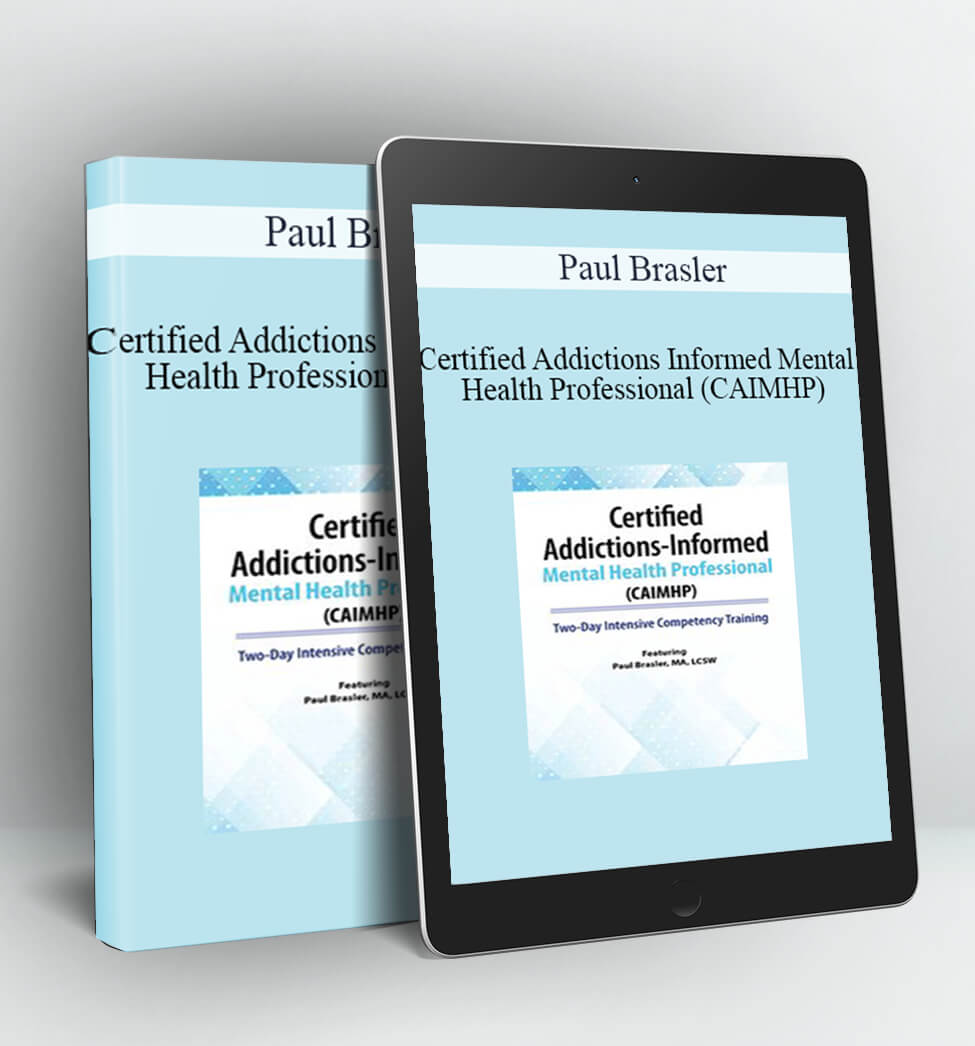
Stimulants – Paul Brasler
- Faculty:
- Paul Brasler
- Duration:
- 2 Hours 46 Minutes
- Format:
- Audio and Video
- Copyright:
- Oct 25, 2019
Description
As many communities focus on the current opioid crisis, we have seen an alarming rise in people using cocaine, methamphetamines and designer stimulants like “Bath Salts.”
The misuse of these chemicals, including a surge in the use of stimulants among people being treated for opioid use disorder, has largely gone unnoticed. And yes, people die every day from mis-using stimulants, whether it’s sharing another person’s prescription or using methamphetamine.
Stimulants are everywhere, in energy drinks, prescription medications and illicit chemicals. Because of their prevalence, clinicians need to be equipped to recognize stimulant misuse and effectively intervene with their clients.
All mental health clinicians, not just those working in substance use treatment, need to be aware of stimulant misuse, the various chemicals mis-used and ways to treat these clients.
Paul Brasler has over 22 years of experience in working with adolescents and adults who misuse stimulants and other chemicals.
Watch Paul as he helps you better understand clients who misuse stimulants and the ways you can confidently help your clients.
In this recording and you’ll learn:
- What types of stimulants are being misused
- How to recognize stimulant abuse/misuse in your clients
- Treatment strategies for stimulant misuse
- Why stimulant misuse is on the increase
Handouts
| Manual – Stimulants: A Hidden Epidemic (4.4 MB) | 68 Pages | Available after Purchase |
Outline
The Scope and Extent of the Problem
- Epidemiology and trends
- What are people using?
- Cocaine
- Amphetamines
- Methamphetamine
- “Bath Salts”
- Nicotine
- Caffeine
- …and others…
- Who is using stimulants?
- Prescriptions v. street drugs – what’s the difference?
The Neurobiology of Stimulant Use
- The drive to use How addiction hijacks the brain
- Why it’s hard to quit
- Behavioral effects
- Psychological effects
Identification and Assessment: What to Look for in Session and Beyond
- Top 10 signs of stimulant misuse
- Co-occurring disorders
- Mood disorders (bipolar disorders and depressive disorders)
- Post-Traumatic Stress Disorder
- Psychotic disorders
- Personality disorders
- Disorders diagnosed in childhood (conduct disorder, Attention Deficit Hyperactivity Disorder)
Treatment Techniques You Need to Know
- Psychoeducation
- Pharmacology
- Psychotherapy
- Individual counseling strategies
- Group counseling strategies
- Peer support
Faculty
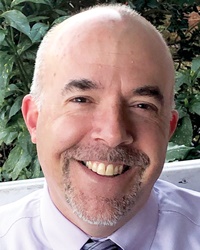
Paul Brasler, MA, LCSW Related seminars and products: 10
Paul Brasler, MA, LCSW, has worked in the social work field for the past 22 years. He is the head of behavioral health for Daily Planet Health Services, a Federally Qualified Health Center that provides comprehensive and integrated healthcare and mental health services (including medication-assisted opioid treatment). Paul is also president of Providence Consulting & Education L.L.C., through which he provides clinical supervision and professional education services.
Paul has extensive experience in working with people with substance use disorders. After finishing school, Paul went to work at an adolescent residential treatment program, where he developed a treatment track for adolescents with substance use disorders. In 2003, he became a senior clinician in the Chesterfield County Juvenile Drug Court and provided individual, family, adolescent group and multifamily group therapies. After working at the drug court for seven years, Paul moved on to conduct psychiatric and substance misuse evaluations in emergency departments in the Greater Richmond, Virginia area. Paul has also served as adjunct faculty in the school of social work at Virginia Commonwealth University, where he developed a graduate course in substance abuse treatment.
Paul has been a PESI presenter since 2016, and he has presented classes on mental health emergencies and high-risk clients across the country. He recently released his first book, High-Risk Clients: Evidence-Based Assessment & Clinical Tools to Recognize and Effectively Respond to Mental Health Crises (PESI Publishing 2019).
Speaker Disclosures:
Financial: Paul Brasler is in private practice. He receives a speaking honorarium from PESI, Inc.
Non-financial: Paul Brasler has no relevant non-financial relationship to disclose.
Access Download Stimulants – Paul Brasler right now!
Delivery Method:
After your purchase, you’ll get access to the downloads page. Here, you can download all the files associated with your order.
Downloads are available once your payment is confirmed, we’ll also send you a download notification email separate from any transaction notification emails you receive from Coursedownloads.

